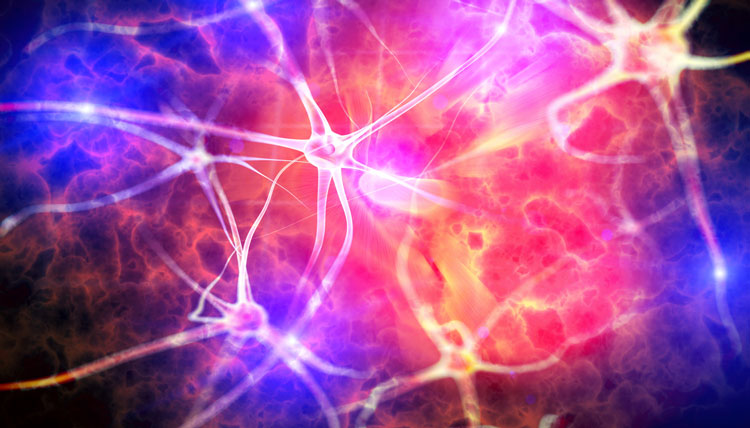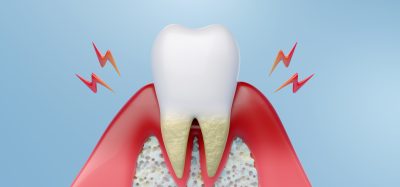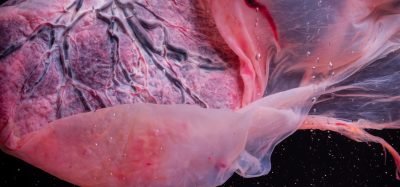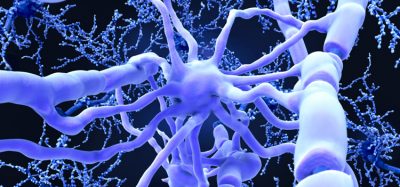PIEZO2, a molecular target for neuropathic pain
Posted: 11 October 2018 | Drug Target Review | No comments yet
Scientists at Scripps Research have identified the molecule in neurons responsible for tactile allodynia, a protein called PIEZO2…

Scientists at Scripps Research have identified the molecule in neurons responsible for tactile allodynia, a protein called PIEZO2. It was originally discovered in the lab of Professor Ardem Patapoutian, who led the work to determine its role in allodynia in mice, the study also showed that Piezo2 is also responsible for allodynia in humans.
“These two studies provide validation that targeting PIEZO2 could be beneficial in the clinic,” says Prof Patapoutian.
“We hope that these results will help researchers develop better treatments for managing this common form of pain,” says Alexander T. Chesler, PhD, a Stadtman Investigator at the NIH’s National Center for Complementary and Integrative Health (NCCIH) and study author of the study in humans.
For both studies, the researchers induced allodynia using various methods including application of capsaicin, the irritating molecule active in chilli peppers, to areas of the skin. Capsaicin is known to sensitize neurons, causing inflammation similar to a sunburn.
Dr Swetha Murthy, the first author of the Scripps Research study, looked at how mice reacted to gentle touch after they were exposed to capsaicin. While normal mice experienced allodynia, the mice with PIEZO2 “knocked out” did not react. The same held true when Chesler tested humans with mutations that inactivated their PIEZO2.
“It was very gratifying to see this in both studies,” says Dr Murthy. “It usually takes years to confirm if results observed in mice hold true in humans, so I think it was mutually exciting for both groups.”
Going forward, the researchers want to understand exactly how inflammation interferes with normal touch signals. They are also interested in identifying small molecules that block PIEZO2. Topical application of such PIEZO2 blockers could be beneficial for patients suffering from neuropathic pain.
The new Scripps Research study was published this in the journal Science Translational Medicine alongside a study led by the National Institutes of Health.
Related topics
Disease Research, Research & Development, Small molecule, Therapeutics
Related people
Ardem Patapoutian, Swetha Murthy







